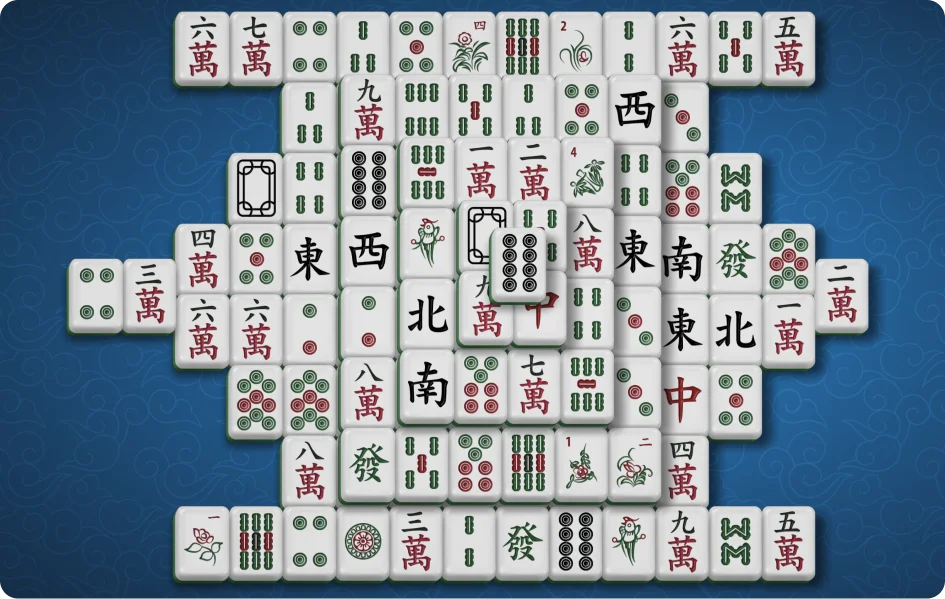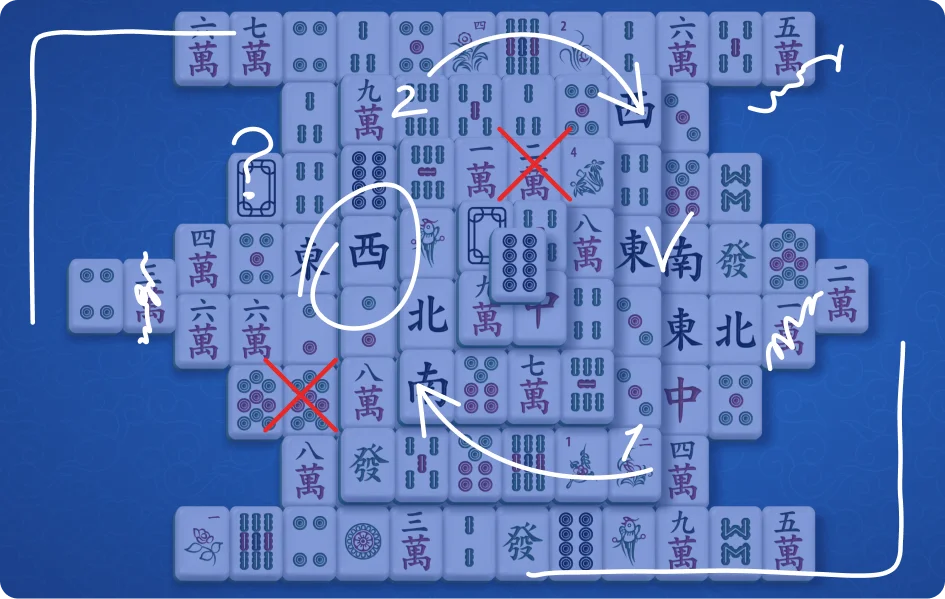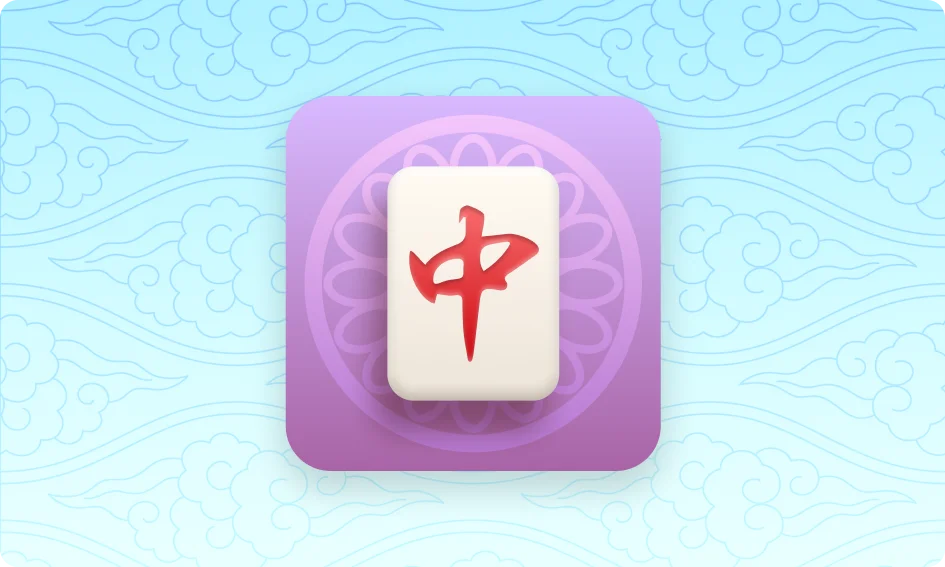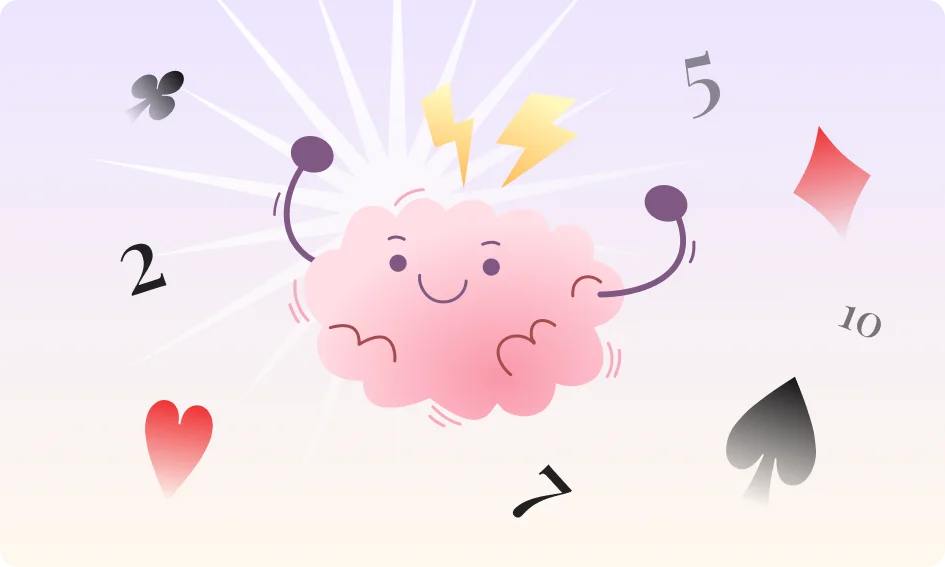It took me quite a while to realize that Mahjong Solitaire involves a lot more than just frantically matching tiles. Before that, I was a happy trooper watching my score go up if I found matching tiles. However, I could never quite clear all the tiles. I’m sure that others have shared my frustrations. I thought that I’d been doing things by the book. Click on matching tiles until they’re all gone, right?
It turns out, I had it all wrong. One can’t just blindly follow Mahjong Solitaire’s rules and expect to clear the board. Especially when you’re playing the Mahjong developed by the folks at thesolitaire.com. In fact, there’s a lot more strategy involved.
More than 55 million games of classic Solitaire are played every day around the world. A different variation requiring fresh strategies is, therefore, just what we need.
However, you can’t really get into the nitty-gritty of Mahjong without first understanding the basics. So, let me introduce you to this memorable game. Over time, you will surely become a savvy expert.
Mahjong Solitaire: A Quick Overview
Before we jump into the elaborate rules and strategies embedded into this rich game, let me give you a brief overview of its history and how it’s played. Mahjong Solitaire dates back to 1981 and is a versatile game. Owing to its simple nature, you can adapt it in various ways, including playing it in pairs and competitively rather than solo.
I’ve elaborated on some of the game’s key features below:
| Feature | Detail |
| Tile arrangement | 144 tiles in a four-layer pattern. |
| Objective | Match open pairs of identical tiles. |
| Solvability rate | Approximately 3% of games are unsolvable. |
| Origin | Created in 1981 by Brodie Lockard. |
| Play modes | Solo or with a partner, aiming for the highest pairs/points. |
| Electronic adaptations | Extra options like tile shuffling and wildcard tiles. |
| Alternate names | The Turtle, Shanghai Solitaire, Taipei, Kyodai. |
What Are the Rules in Mahjong Solitaire?
Trial and error might help you get a grasp of the Mahjong rules. Why go through that hassle when there’s a shortcut, right? There are actually numerous Mahjong versions out there, but TheSolitaire caters to folks searching for that distinct air of nostalgia.
In the traditional version, you usually have layers of tiles, each stamped with different characters and signs. Although it would be great to clear each tile one by one, you can only get rid of them by matching two identical tiles. However, there’s a catch. You can only select certain tiles, even if they’re visible. So, you can only select tiles that are on the edge of a layer and don’t have a tile covering any portion of them.

This means that you can only interact with the top-most tiles of a certain column and the edge-most column of a particular layer. Sounds complicated, but you will quickly catch on once you’ve been playing for a while.
The great thing about playing Mahjong Solitaire on thesolitaire.com is that we highlight matching tiles for you when you make a false match. Don’t think that this means it’s a free win – it’s not. You need to be mindful of the tiles you match and avoid hurrying your moves, especially when you get infinite time to solve the puzzle.
What Strategy Should You Adopt When Playing Mahjong Solitaire?

Now, we get to the fun part, where your brain starts buzzing as you try to find solutions. You might be wondering what you need to do as a player if the possible matches are highlighted for you. Well, the trick lies in understanding where and when to make your match. While two identical pieces might be begging you to select them, you must pause with every match and ask yourself a few questions.
- Am I opening up new matches by making this match and removing these tiles?
- Should I make this match or wait for later?
- Is it possible that focusing on other matches leads me to reveal tiles that are a better match than the one I have?
The point of asking these questions is to make sure that you don’t run out of moves. For instance, by clearing tiles at the bottom layer edges, you might find yourself in a situation where the only open tiles are at the top layer. And, if there’s no match there, then you’re stuck. Fortunately, you can utilize the undo option. But, that sometimes makes me feel like I’ve cheated my way out of the problem. It’s best to only use the undo option once you’ve drained every last bit of brainpower. Nonetheless, it’s up to you; the undo button can help you practice and improve.
Although there’s really only one stage in the game, you might find the gameplay tricky in the beginning, especially since the hints don’t guarantee a perfect solution. Nonetheless, if you keep at it and follow our Mahjong tips, then you should solve the puzzle in no time.
Mahjong Rules at a Glance
For a quick recap, here’s what you need to know about the intricate game of Mahjong Solitaire:
| Rule | Description |
| Setup | 144 tiles are arranged in four layers. |
| Objective | Match open pairs of identical tiles and remove them. |
| Open tiles | Only edge tiles without a covering tile can be selected. |
| Matching mechanics | Tiles must be both identical and free to be cleared. |
| Limitations | You can’t click on tiles covered by other tiles. |
| Win conditions | The game ends when all tiles are cleared or no more moves are possible. |
| Special features at thesolitaire.com | We highlight matching tiles upon wrong matches. There is also an undo button and a reset option. |
If you ever need to freshen up your Mahjong basics, then just refer to the table above, and you’ll be good to go!
Conclusion
Mahjong Solitaire has the perfect mix of simplicity and complexity. You can be left to your own devices. But, if you find yourself scratching your head in frustration, then you can use one of our helpful features. Use the reset option if you can’t find any more matches or use the hint option when a move isn’t obvious. We have all experienced times when our eyes deceive us, so don’t feel (too) guilty using them.







